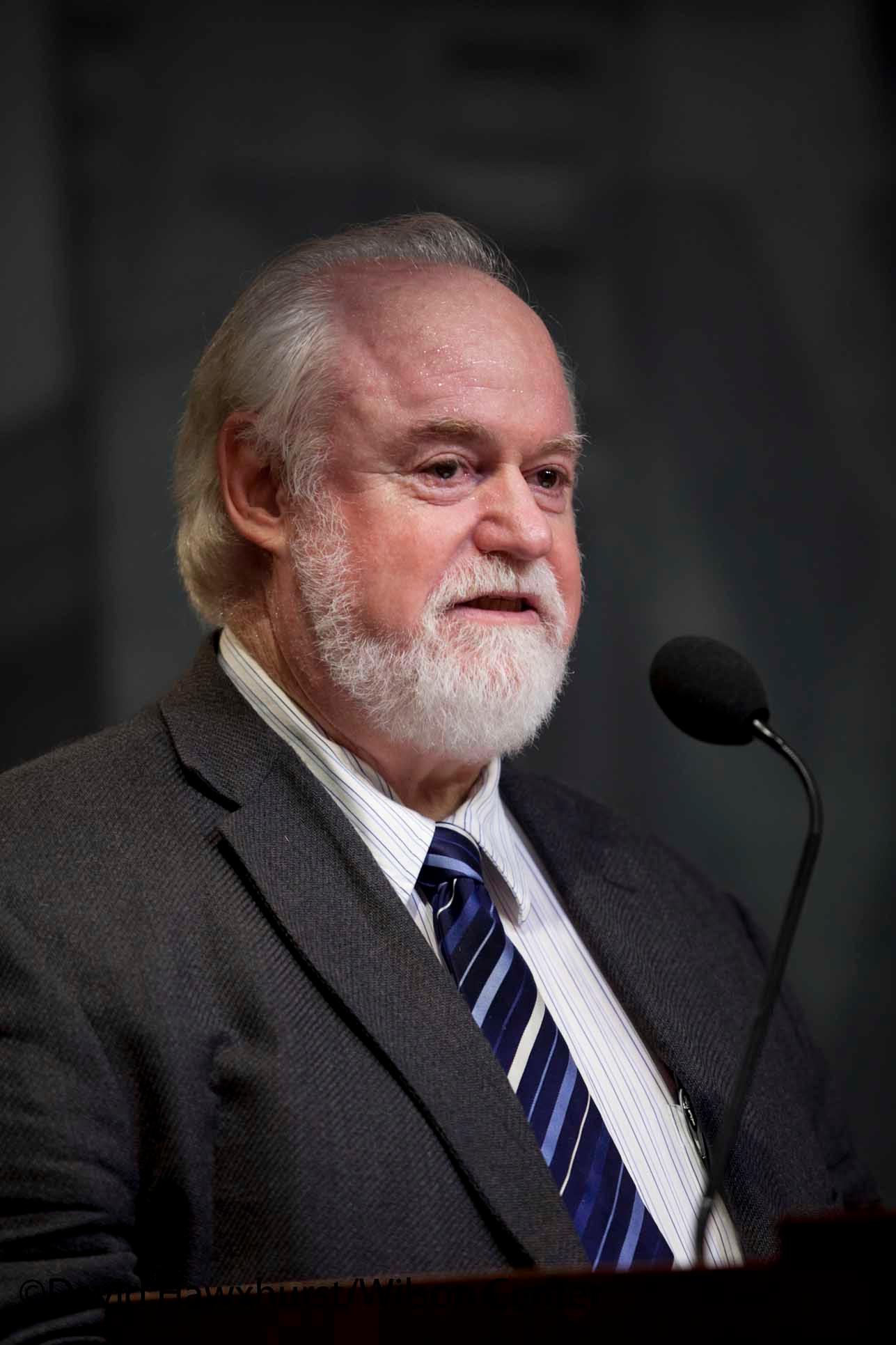Sudan 2015: After the elections, time for new ideas – By James Copnall

 If this was a boxing match the referee would never have let it go the distance. Omar al Bashir received 94% of the vote in overwhelmingly one-sided elections that were boycotted by the opposition, criticised in the West and even by the African Union, and failed to excite the Sudanese.
If this was a boxing match the referee would never have let it go the distance. Omar al Bashir received 94% of the vote in overwhelmingly one-sided elections that were boycotted by the opposition, criticised in the West and even by the African Union, and failed to excite the Sudanese.
The contrast with the 2010 polls – flawed though they were – was evident. Five years ago, opposition politicians campaigned vigorously, even if many then dropped out of the race, and ordinary Sudanese were engaged. For a brief period it seemed as if democracy might take hold in Sudan.
In the end, the 2010 elections were a disappointment. The international community’s failure to strongly criticise the irregularities, through fear of jeapordising the upcoming referendum on southern Sudan’s future, sent a strong message to the Sudanese: elections don’t matter. The lesson appears to have been learnt.
This time round, Bashir was faced with a list of opponents so little known that even he may not have heard of all of them. In time, these elections may be given the same sort of status accorded to the 1996 and 2000 polls, the first two the president won, which scarcely merit a mention even in the glossy media handout produced for foreign journalists extolling Sudan’s electoral history.
The result everyone was waiting for did, however, come with a turnout figure few expected. 46% of the electorate marked their ballot papers, according to the National Elections Commission. This figure will be received with some scepticism .
SPLM-North’s Yassir Arman estimated the real number at no more than 15%, while even the African Union monitors called the turnout ‘low’. Olusegun Obasanjo, the head of the monitoring team, said he thought 30-35% sounded about right, and certainly no more than 40%. Mahjoub Mohamed Salih, the legendary journalist who covered his first Sudanese election in 1953, also guessed the figure would be in the 30s.
The numbers matter. Bashir was certain to win, but large crowds of voters would have given greater legitimacy to his victory. Instead, there were widespread reports of low turnout and the polls had to be extended into a fourth day to encourage more people to vote.
The slow traffic at the polling stations probably wasn’t the consequence of the opposition’s call for a boycott. Instead, it seems to me, most Sudanese are disillusioned with the opposition too, and stayed clear of the polling stations because they believed the election would have no impact on their lives.
Even if the official figure of 46% is correct, there are reasons for concern for Bashir and his National Congress Party.
NCP leaders frequently claim – with some justification – that their party has the largest and best organised membership, with millions of supporters throughout the country. It is perfectly clear that the party was not able to get all its paid up members to come to the polling stations.
In part, this can be explained by the fact that the results were a foregone conclusion. But the NCP is nothing if not a machine built to stay in power; and its strategists cannot be blind to the message sent to them by the electorate, of NCP members and others. The lack of enthusiasm for the NCP and the electoral process it committed to was striking.
Out in the peripheries, where rebellions rumble on, and civilians run from aerial bombardments, many haven’t been able to abide the party for years or decades. In the central heartlands, the discontent is more closely linked to the faltering economy.
Once oil started flowing in 1999, those in power were able to distribute patronage on an unprecedented scale, giving birth to a middle class attached to the regime by an economic umbilical cord. South Sudan’s secession brought the oil boom to an end. The NCP no longer has the resources to keep everyone happy.
‘Everyone in my village hates the NCP’, one non-voter told me, referring to his home in White Nile state. ‘There are no jobs, and nobody helps us with our farms. Life is hard now.’
In Khartoum, a man who said he would vote nevertheless objected to the ‘corruption’ he claimed characterised Bashir’s regime. A medical technician complained that she could not afford decent transport, and had to wait for a place in a bus.
The concerns expressed here are economic. I didn’t find many people in Khartoum calling for change because of the ongoing conflicts in Darfur, South Kordofan and Blue Nile.
Perhaps there is a recognition that those wars will be almost impossible to resolve; just as important, though, is the disconnect between the people of the centre and those of the periphery.
For the NCP, used as it is to animosity in the regions, unrest in and around the capital is a newer, more pressing concern. The September 2013 demonstrations, provoked by the removal of fuel subsidies, and in which the security forces killed scores of protesters, are a painful reminder of this. Sorting out the economy is clearly a key priority for regime survival.
That’s one of the reasons Bashir referred to Sudan’s participation in the Saudi-led military campaign in Yemen as often as he could during the campaign. (The other was the prestige that comes with helping out the Holy land). Sudan was buzzing with rumours that the Saudis had deposited billions of dollars in Khartoum’s banks in return for Sudan’s military support.
The SDG rallied against the dollar on the black market – only to fade again once people began to suspect the Saudi billions were less tangible than first appeared. The economic crisis is likely to continue.
Gulf countries may bail out the economy – though there has been no real sign of this so far. But only Western states can make the ship truly seaworthy – and here the NCP is playing a complicated game.
US sanctions hinder any prospect of growth, and Western states weigh heavily on international thinking on whether or not to lighten Sudan’s debt burden. So despite its anti-Western rhetoric, spouted above all by the President, the NCP clearly hopes Sudan can join Iran and Cuba on the list of states America has made a surprising peace with.
Nevertheless, as long as Bashir is President, the US is unlikely to restore anything like full ties. And Bashir – having initially promised not to run in the 2015 polls – clearly has no intention of backing off the stage.
In conversations over the last couple of weeks, several senior NCP figures reiterated the party’s commitment to reform. Changes are likely to come after the elections, the line goes.
For many, of course, the old John Garang jibe of the NCP being ‘too deformed to be reformed’ is likely to spring to mind here. And it’s an open question just how much control the politicians have, in a field also containing the military and NISS.
Yet even if there is some sort of reshuffle, it seems unlikely that Bashir’s inner circle – the likes of Bakri Hassan Salih, Bashir’s old military colleague and presumptive successor, or Abdel Rahim Hussein, a close confident of the president – will be replaced. That would make any change a cosmetic one.
NCP leaders talk of reinvigorating the National Dialogue. But it is difficult to see why opposition politicians would be more interested now than they were before the elections – and why the government would suddenly be more likely to allow the sort of ‘basic freedoms’, to borrow the AU’s phrase, that such a national conversation needs.
There may be some attempt to reconvene peace talks too. For the moment, the Sudan Revolutionary Front’s desire for one comprehensive negotiation, and Khartoum’s insistence on separate processes for the Darfuris and for SPLM-North, add up to a sizeable stumbling block to even beginning meaningful talks. That said, all sides to these multiple conflicts must surely come to the realisation that they are unwinnable on the battlefield.
In short, the elections have not changed much. The President is lionised by some, and simply beastly to many others. The same old narratives hold true, the same old problems persist. Sudan needs new ideas – and real change.
James Copnall is a journalist and author of “˜A Poisonous Thorn in Our Hearts: Sudan and South Sudan’s Bitter and Incomplete Divorce’. He is Editor of “˜Making Sense of the Sudans’.





The article is good, except for the Western bossy ideas as seen in terms like….”criticised in the West…..” …”The international community’s failure…..”
“I didn’t find many people in Khartoum calling for change because of the ongoing conflicts in Darfur, South Kordofan and Blue Nile.”
the Observer effect
Looked at from the other side of the fence, the absence of a vote is decidedly more unanimous than a divided vote.